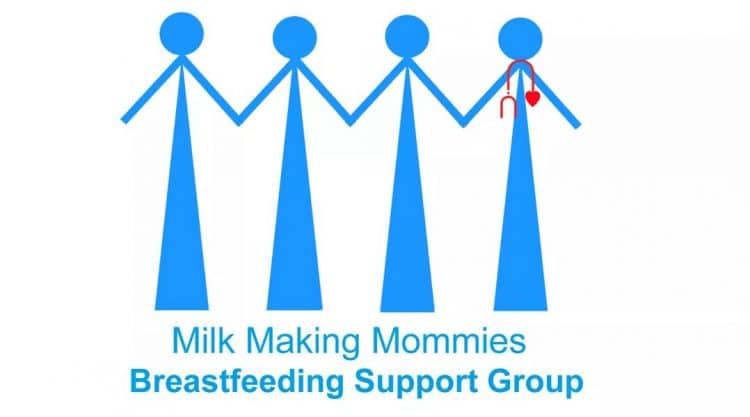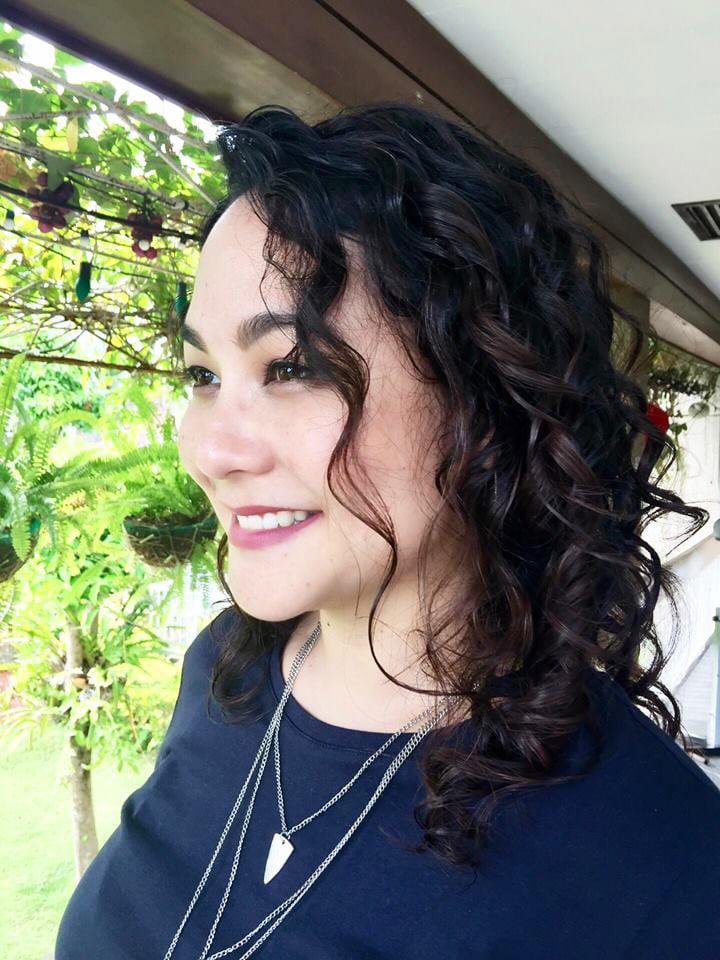One would think that something as natural as breastfeeding would come easily. Unfortunately, that is not the case for many moms especially in the first week after giving birth. Being sixteen years out of practice, I watched every tutorial I could find on how to breastfeed successfully because I was determined to do so exclusively for as long as possible.
It wasn’t smooth sailing right off the bat but with the right information, perseverance and a lot of support, I have now been breastfeeding exclusively for almost five months. Here are the best tips I’ve learned from my experience and from the advice of experts that will hopefully help others to have a successful breastfeeding experience as well.
Practice Skin-to-Skin.
When our son Daniel was born, we were able to practice Unang Yakap (Skin-to-skin) in the delivery room. This is when the baby is immediately placed on the mother’s bare chest as soon as it’s born. Studies show that newborns that have skin-to-skin contact immediately after birth have a greater chance of successfully breastfeeding within the first hour. The mom’s prolactin level increases, which leads to better milk supply. Throughout the first couple of weeks, I tried to hold him close to my bare chest as much as possible for that reason.
Keep latching and Don’t Give Up.
A lot of moms panic a few days after giving birth and decide to give formula because they believe they just aren’t making enough milk. The baby won’t stop crying; it’s not peeing or pooping. I’ve been there. My advice is to keep latching and NOT GIVE UP. The main key to increasing your milk supply is to let the baby latch as much as possible. Milk production is a matter of supply and demand. The more your baby latches and empties your breast, the more your body will know it needs to produce more milk.
It also needs to be said that the proper latch is just as important. Even with all the tutorials I watched on the subject, I couldn’t get Daniel to latch properly right away. He had a habit of taking in only the nipple and resisting when I tried to correct it. The first three days were rough. Daniel seemed to cry more when he was feeding and I couldn’t pacify him. He barely had any urine output, and zero bowel movement. I tried using a Hakaa pump and hand expressing but I couldn’t even get any colostrum to come out. Worry began to set in because I didn’t want him to starve or get dehydrated. I bugged my parents (who are both pediatricians and breastfeeding advocates) with constant updates.
On the third day, when I felt Daniel really wasn’t getting enough, I asked my sister for some of her stored breastmilk. Lucky for us, she had just given birth last November 2019. What I did was to let Daniel latch on my breast for 15 minutes at a time and if he was still crying afterwards, I would give him 10-15ml of my sister’s milk. On the 4th day, Daniel was finally able to poop. I’ve never been so happy to see poop before.
My milk supply slowly increased after that. I just kept letting him latch whenever he would cry despite the sleep deprivation, the sore cracked nipples, the aching body. Although a mother’s breastmilk is typically supposed to come in by the third day, mine took much longer than that. I couldn’t feel any letdown until about two weeks post-partum. So, be patient with yourself and your baby.
Don’t let the mom-guilt overwhelm you.
Mom-guilt is so real. We go through our pregnancy usually with a beautiful mental picture of what it’s going to be like once we give birth. However, it’s best to be prepared for some things to not go exactly the way we want. The first week felt like a full month for me. With the exhaustion, worrying about my milk supply, the crazy hormones, Daniel crying what seemed like every five minutes… I ended up crying a lot of the time too. I think all of this led to my BP shooting up, which just added to all the stress. Not good since stress can actually decrease your milk supply because of the increased cortisol levels in the body. So when you’re starting to feel overwhelmed, don’t feel guilty about asking for a time-out/break. Even if it’s just to take a breath, or a shower, or a nap.
Eat and hydrate well
Now is not the time to be worried about dieting. Don’t listen to people who keep making comments about your weight. The most important thing right now is to make sure you are eating and drinking enough to sustain both you and the baby. That is not to say that you should chow down on everything including junkfood. Eat a healthy, well-balanced diet and drink LOTS of water. Having a lot of soup-based meals like tinola helps a lot. But don’t deny yourself the occasional treat. You just pushed a living breathing human being out of your body so darn it, if you feel like eating some ice cream sometimes, go for it! You deserve it.
Many people also recommend consuming galactagogues, which are types of food that are thought to stimulate milk production. These include malunggay, shellfish, fenugreek (whatever that is), and chocolate (YAY!) among other things. This was my excuse for stuffing my face with lots of chocolate cake from Red Ribbon that first week post-partum. Did it actually work? No idea… but who was I to turn it down?
Have a support system.
I’m very fortunate to have my parents, sister, and friends who have been extremely supportive of me. Husbands/Partners, you should never think of yourselves as useless during this time just because you have useless nipples. My husband supported me a lot by comforting me when I was freaking out about my milk supply, by going out at the drop of a hat to get me all kinds of food that we thought might help increase it, by encouraging me even though he was almost as overwhelmed as I was. Family and friends sent food over to not only help boost my milk supply but also so we wouldn’t have to worry about preparing meals. I am so grateful for them.
Not all new moms have that and even have to deal with well-meaning but ill-informed people in their lives telling them that they don’t have enough milk, or that their milk has “gone bad”, or that they should shift to formula because their babies are thin. If you don’t know anyone who can support you on this journey, I recommend joining a support group like Milk Making Mommies and Breastfeeding Support Group on Facebook. There, you can gather good advice and recommendations from the group moderators and even from fellow moms. We post our struggles, our progress, and even just heart-warming stories that will encourage you to keep going.

Be informed and seek professional guidance
Choosing an obstetrician and a pediatrician who are breastfeeding advocates will help get you started on the right foot. You can already start asking them for advice on the matter even before you give birth. Aside from that, you may want to get in touch with other lactation professionals such as the Titadocmom Breastfeeding Team (also on Facebook). The founder, Dr. Marini Esguerra, is a Cebu-based pediatrician and certified lactation consultant, and has trained several local moms to become breastfeeding peer counselors. Dr. Esguerra often posts helpful videos where she answers questions and gives advice on how to address common issues that moms face. You can also schedule an online consultation with her or a coaching session with any of their peer counselors if you would prefer that. Even better, every so often they conduct online prenatal classes for expectant mothers with sessions on birth, breastfeeding, newborn care, cloth diapering, and even baby-wearing. If you don’t have the budget for prenatal classes, there are tons of helpful videos on Youtube.
If it’s not as easy as you thought it would be, remember that you are not alone.
Don’t feel bad when you hear people say it was easy for them. Good for them, but it’s not always the case. MANY moms struggle with it. In the first couple of weeks, it’s like all you’re doing is breastfeeding. You can’t even find time to eat properly or take a shower. So when your newborn is having trouble breastfeeding, it becomes all the more distressing. Remember that it’s not just you. Other moms have gotten through it and so will you. In the end, it will all be worth it. You’ve got this!

I was planning to wear something nice and put makeup on but decided that wouldn’t be a realistic picture of what it’s really like. So, here I am –barefaced, with unkempt hair, in a 15-year old shirt, and a lampin stuffed under it to absorb milk leaking out the opposite boob. Just a regular day of feeding my tiny human.






Comments